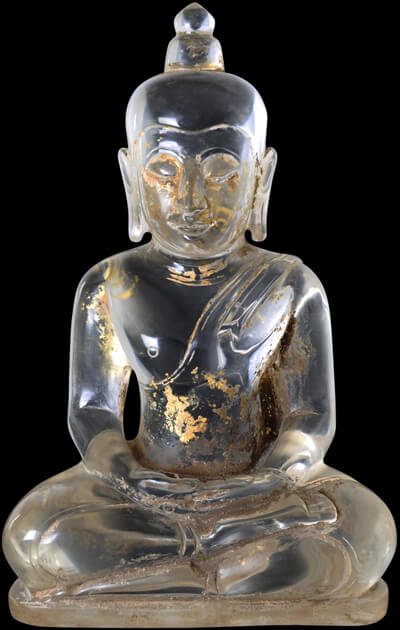Provenance: From where do we source our items?
Provenance is very important to us.
Almost all our items are sourced from within the UK – from old collections, or from contexts that suggest the items have come from old collections.
Often, clear, documented proof of provenance is not available (someone who came into possession of an item say, fifty years ago, simply did not know that one day it might be important to keep the receipt, for example.) But in its absence, context is important.
We do not go on buying trips to Asia or Africa. Nor do we actively buy from dealers or suppliers based outside the UK and Europe.
We are very mindful of the 1970 UNESCO ‘Convention on the Means of Prohibiting and Preventing the Illicit Import, Export and Transfer of Ownership of Cultural Property’ to which most countries are signatories (Indonesia is one country that to date has chosen not to be a signatory.)
Countless items were brought to the UK during the colonial era by colonial administrators and the like. The vast majority of these items were acquired at the time with permission. Typically they were simply bought from the original owners who no longer valued them, and for the British, they were interesting curios and collectibles. The British have long been intellectually curious, especially about the ‘Other’ and there is a long culture of collecting in the UK.
Other items were made in Asia and elsewhere for export to the UK – the UK was wealthy early: it has been a major destination for the world’s exports for hundreds of years.
All this means that most of our items have been in the UK for at least sixty and sometimes several hundred years.
The conditions in which such items have been kept often has been very good – the UK climate is kind, and there are relatively few pests. Many items were acquired as keepsakes and curios, and so they stopped being used ritually or in a utilitarian manner once they came to the UK. This too has helped to preserve them and so the conditions of the items that we have often are far better than had remained in their home countries.
Buying from old UK sources means that the items typically have good provenance in that they have been outside their originating countries for many decades. It also helps to avoid fakes, reproductions and embellishment to make old things more ‘commercial’. Most importantly, it means that our items are obtained legally – today, most countries in Asia and Africa for example prohibit the export of their antiques.
So, because of its past and its culture of collecting from other cultures, the UK is perhaps the world’s best source of genuine antiques from Asia and elsewhere. It is why serious collectors and museums worldwide choose to buy from us, and can do so with confidence.


